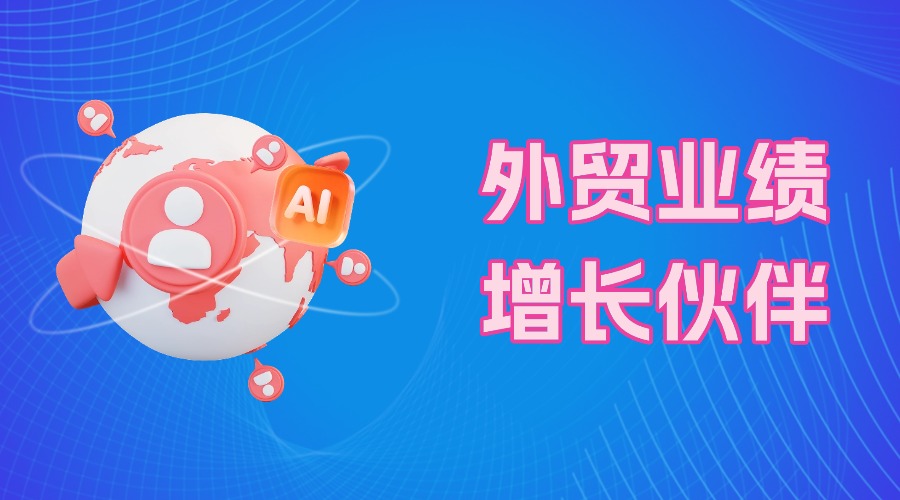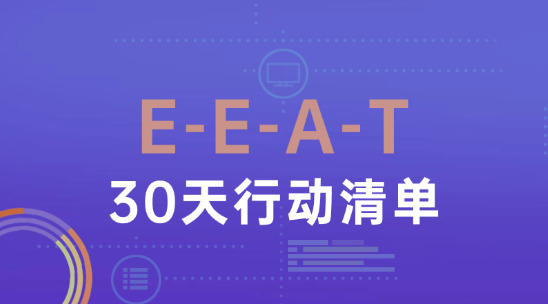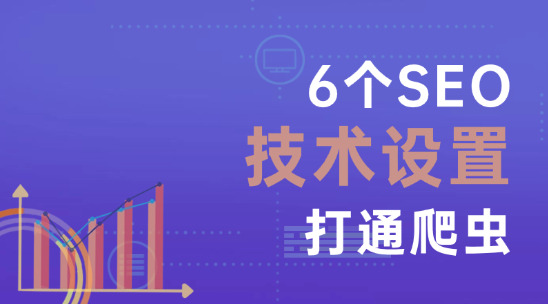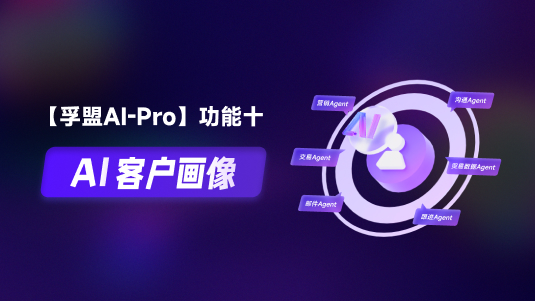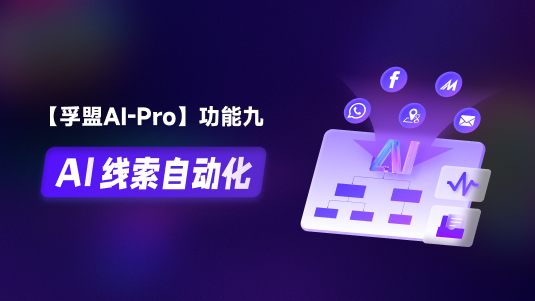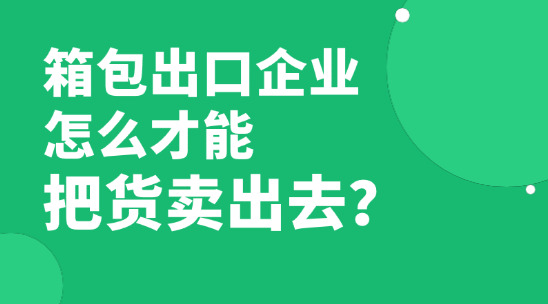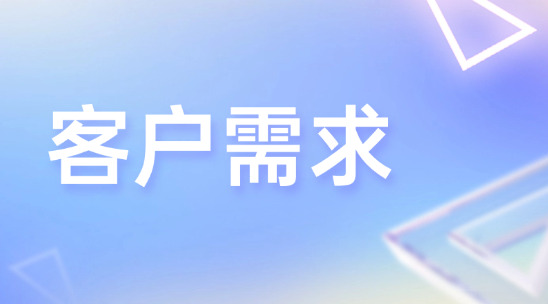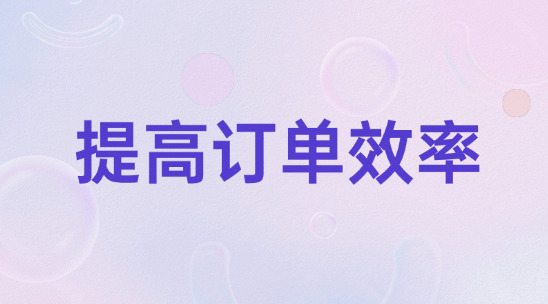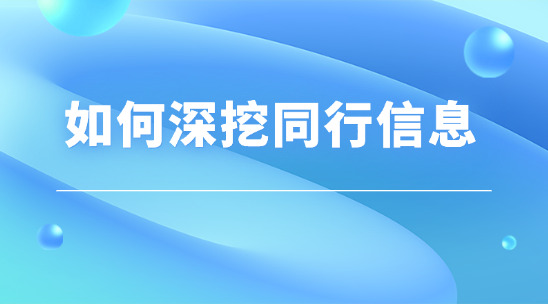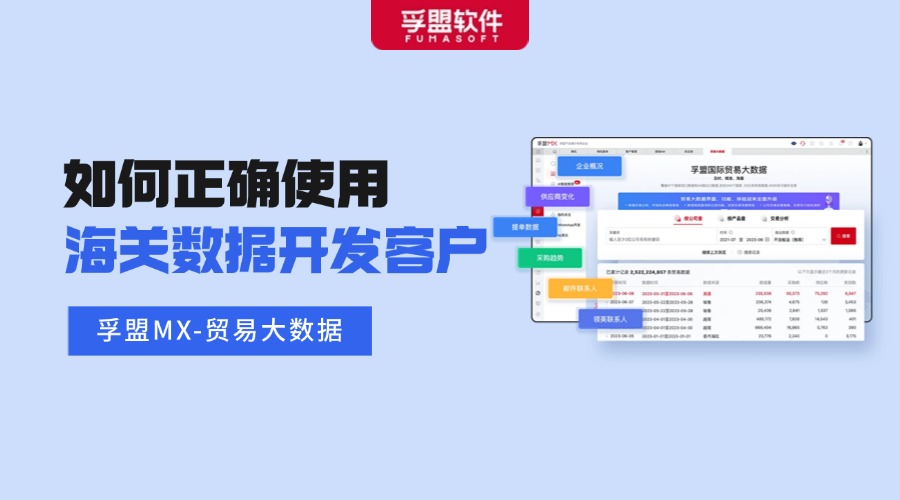 首页
>
新闻资讯
>
外贸干货
>
关税调整-2022年1月1日起我国调整部分商品进出口关税
首页
>
新闻资讯
>
外贸干货
>
关税调整-2022年1月1日起我国调整部分商品进出口关税
关税调整-2022年1月1日起我国调整部分商品进出口关税

每逢年末,我国会根据经济社会发展情况,对部分进口商品的关税税率进行调整。经国务院批准,国务院关税税则委员会15日对外发布通知,明确了2022年关税调整方案。
接受新华社采访的专家和业内人士表示,此次调整降低了部分医疗产品、日用消费品、关键零部件等多种进口商品关税,将进一步满足人民生活、企业生产和社会发展需要,有利于维护国内产业链供应链安全稳定,支持科技创新和产业转型升级,扩大高水平对外开放,推动高质量发展。
聚焦民生关切,调整部分医疗产品、消费品暂定税率
2022年1月1日起,我国将对954项商品实施低于最惠国税率的进口暂定税率。
记者查阅通知附表发现,此次调整暂定税率的进口商品中,不少是涉及民生的医疗产品,如新型抗癌药氯化镭注射液、颅内取栓支架、人造关节等。
解放军总医院神经内科医学部神经介入科主任王君对颅内取栓支架这一产品格外关注。“颅内取栓支架是一种把形成的脑血栓取出来的器械,此次降低进口关税后,将降低器械费用,为患者减少治疗成本。”
2018年以来,我国已先后取消了第一批和第二批抗癌药、罕见病药原料药以及部分用于治疗哮喘的生物碱类药品的关税,降低了人工心脏瓣膜、助听器等医疗器材的进口关税。“回顾近年来暂定税率调整,减轻患者经济负担、提升人民健康福祉这一目标清晰。”中国人民大学公共管理学院教授许光建说。
通知明确,2022年将降低部分消费品的进口关税,包括鲑鱼、鳕鱼等优质水产品,婴儿服装,洗碗机,滑雪用具等;并将对超过100年的油画等艺术品实施零关税。
“降低这些与百姓生活密切相关产品的进口关税,能更好满足百姓消费升级需求,更好满足人民对美好生活的向往。”中国轻工业联合会秘书长郭永新说。
助推转型升级,调整部分环境产品、关键零部件暂定税率
促进绿色低碳发展是此次关税调整的一大亮点。根据通知,2022年将对可提高车辆燃油效率、减少尾气排放的汽油机颗粒捕集器、汽车用电子节气门,以及可用于土壤修复的泥煤,降低进口关税。
中国汽车技术研究中心资深专家黄永和表示,汽油机颗粒捕集器、汽车用电子节气门等产品是促进汽车节能减排的重要零部件,降低关税后,有利于支持汽车行业绿色低碳发展。
多项关税调整助力制造业优化升级。例如,2022年将降低高纯石墨配件、高速动车使用的高压电缆、燃料电池用膜电极组件和双极板等关键零部件的进口关税,降低可可豆、植物精油、动物毛皮等食品加工、日化、皮革制造行业所需原材料的进口关税。
此外,2022年7月1日起,我国还将对62项信息技术产品的最惠国税率实施第七步降税,其平均税率将由3.4%降至1.7%。
业内人士表示,这些举措安排立足国内发展需要,有利于维护国内产业链供应链安全稳定,支持科技创新和产业转型升级,促进绿色低碳发展。
推进高水平对外开放,调整有关协定税率
为持续推进高水平对外开放,根据我国与有关国家或地区签署的自贸协定和优惠贸易安排,2022年将对原产于29个国家或地区的部分商品实施协定税率。
其中,中国与新西兰、秘鲁、哥斯达黎加、瑞士、冰岛、韩国、澳大利亚、巴基斯坦、格鲁吉亚、毛里求斯等双边自贸协定以及亚太贸易协定将进一步降税;区域全面经济伙伴关系协定(RCEP)、中国—柬埔寨自贸协定自2022年1月1日起生效并实施降税。
值得注意的是,中国—柬埔寨自贸协定是我国与最不发达国家商签的第一个自贸协定。“中、柬双方相互给予对方货物贸易零关税产品税目比例达到97.5%、90%,这是双方迄今所有自贸协定谈判中的最高水平,将有助于增进两国企业和人民的福祉。”财政部关税司有关负责人说。
区域全面经济伙伴关系协定方面,我国将与日本首次达成关税减让安排。“实施降税首年,按2022年税则税目计,中、日双方将分别对原产于对方24.9%和55.5%左右的税目产品立即实施零关税。对于相关企业来说,很快就能获得更多市场机遇。”对外经济贸易大学教授崔凡说。
此外,记者了解到,国务院关税税则委员会同日发布公告,扩大同中国建交的最不发达国家输华零关税待遇的产品范围,给予最不发达国家98%税目产品零关税待遇,花生油等农产品、聚乙烯等化工品都将纳入零关税待遇范围。
“这将进一步促进我国自非洲相关国家的进口,推动构建高水平中非命运共同体,进一步同最不发达国家共享市场机遇,践行互利共赢。”财政部关税司有关负责人说。转自:新华社
At the end of each year, China will adjust the tariff rate of some imported goods according to the economic and social development. With the approval of The State Council, the Tariff Commission of The State Council issued a notice on Thursday specifying the tariff adjustment plan for 2022.
Experts interviewed by Xinhua News Agency and the personage inside course of study says, the adjustment to reduce some of the medical products, consumer goods, key parts such as a variety of import tariffs on goods, will further meet the needs of the people's life and production and social development, is conducive to maintaining domestic industry chain supply chain security and stability, support for technological innovation and industrial transformation and upgrading, expand the high level of opening to the outside, We will promote high-quality development.
We adjusted temporary tax rates for some medical products and consumer goods with a focus on people's wellbeing
Starting from January 1, 2022, China will apply temporary import tax rates lower than most-favored-nation rates on 954 items.
According to the schedule of the notice, many of the imported products are related to people's livelihood, such as radium chloride injection, intracranial thrombectomy stent and artificial joint.
Wang Jun, director of neurointerventional Department, Department of Neurology, PLA General Hospital, paid special attention to intracranial thrombectomy stent. "Intracranial thrombectomy stents are used to remove cerebral thrombosis, and the reduction of import tariffs will reduce the cost of the stents and reduce the cost of treatment for patients."
Since 2018, China has removed tariffs on the first and second batch of anti-cancer drugs, rare disease drug apis and some alkaloids used to treat asthma, and reduced import tariffs on artificial heart valves, hearing AIDS and other medical devices. "Reviewing the temporary tax rate adjustment in recent years, the goal of reducing the financial burden of patients and improving people's health and well-being is clear." Renmin University of China school of Public administration professor Xu Guangjian said.
Import tariffs on some consumer goods will be lowered in 2022, including high-quality aquatic products such as salmon and cod, baby clothes, dishwashers and skiing equipment. There will be zero tariffs on paintings and other works of art that are more than 100 years old.
"By lowering import tariffs on products closely related to people's lives, we can better meet people's demand for upgrading consumption and their desire for a better life." China Light Industry Association secretary General Guo Yongxin said.
We boosted economic transformation and upgrading, and adjusted temporary tax rates on some environmental products and key spare parts
Promoting green and low-carbon development is a highlight of the tariff adjustment. According to the circular, import tariffs will be lowered in 2022 on particle traps for gasoline engines, which can improve vehicle fuel efficiency and reduce exhaust emissions, electronic throttle valves for automobiles, and peat, which can be used for soil remediation.
Huang Yonghe, a senior expert at the China Automotive Technology and Research Center, said that particle traps for gasoline engines and electronic throttle for automobiles are important parts to promote energy conservation and emission reduction, and the reduction of tariffs will help support the green and low-carbon development of the auto industry.
Various tariff adjustments helped optimize and upgrade the manufacturing sector. For example, import tariffs on key components such as high-purity graphite parts, high-voltage cables for high-speed bullet trains, membrane electrode assemblies for fuel cells and bipolar plates will be lowered in 2022, as well as import tariffs on raw materials needed for food processing, daily chemical and leather manufacturing industries such as cocoa beans, essential oils and animal fur.
In addition, from July 1, 2022, China will also implement the seventh step of tax reduction for 62 most-favored-nation tax rates on information technology products, with the average tax rate dropping from 3.4 percent to 1.7 percent.
These measures are based on domestic development needs and will help maintain the security and stability of domestic industrial and supply chains, support technological innovation and industrial transformation and upgrading, and promote green and low-carbon development, industry insiders said.
We will continue to open up to the outside world at a high level and adjust tax rates under relevant treaties
In order to continue to promote high-level opening-up, China will apply negotiated tariff rates in 2022 on some goods from 29 countries or regions, according to the free trade agreements and preferential trade arrangements China has signed with relevant countries or regions.
Among them, China will further reduce taxes in bilateral free trade agreements with New Zealand, Peru, Costa Rica, Switzerland, Iceland, South Korea, Australia, Pakistan, Georgia, Mauritius and asia-pacific Trade agreements. The Regional Comprehensive Economic Partnership (RCEP) and China-Cambodia Free Trade Agreement will come into force on January 1, 2022 and implement tax reductions.
It is worth noting that the China-Cambodia FREE Trade Agreement is the first one China has negotiated with the least developed country. "China and Cambodia have granted each other 97.5 percent and 90 percent of tariffs on goods, the highest levels in all fta negotiations so far, which will help improve the well-being of businesses and people of the two countries." Customs department of the Ministry of Finance said.
On the regional Comprehensive Economic Partnership (RCEP), China will for the first time reach tariff concessions with Japan. "In the first year of the tariff reduction, China and Japan will immediately implement zero tariff on 24.9 percent and 55.5 percent of the tariff items originated from each other, respectively, according to the 2022 tariff items. There will soon be more market opportunities for relevant companies." Cui Fan, a professor at the University of International Business and Economics.
In addition, the Customs Tariff Commission of The State Council issued a notice on the same day, extending zero-tariff treatment to 98% of the tariff items exported from the least developed countries that have established diplomatic relations with China. Peanut oil and other agricultural products, polyethylene and other chemical products will be included in the zero-tariff treatment.
"This will further boost China's imports from relevant African countries, promote the building of a high-quality China-Africa community with a shared future, further share market opportunities with the least developed countries, and practice mutual benefit and win-win outcomes." Customs department of the Ministry of Finance said.
热门推荐
视频课程精选


